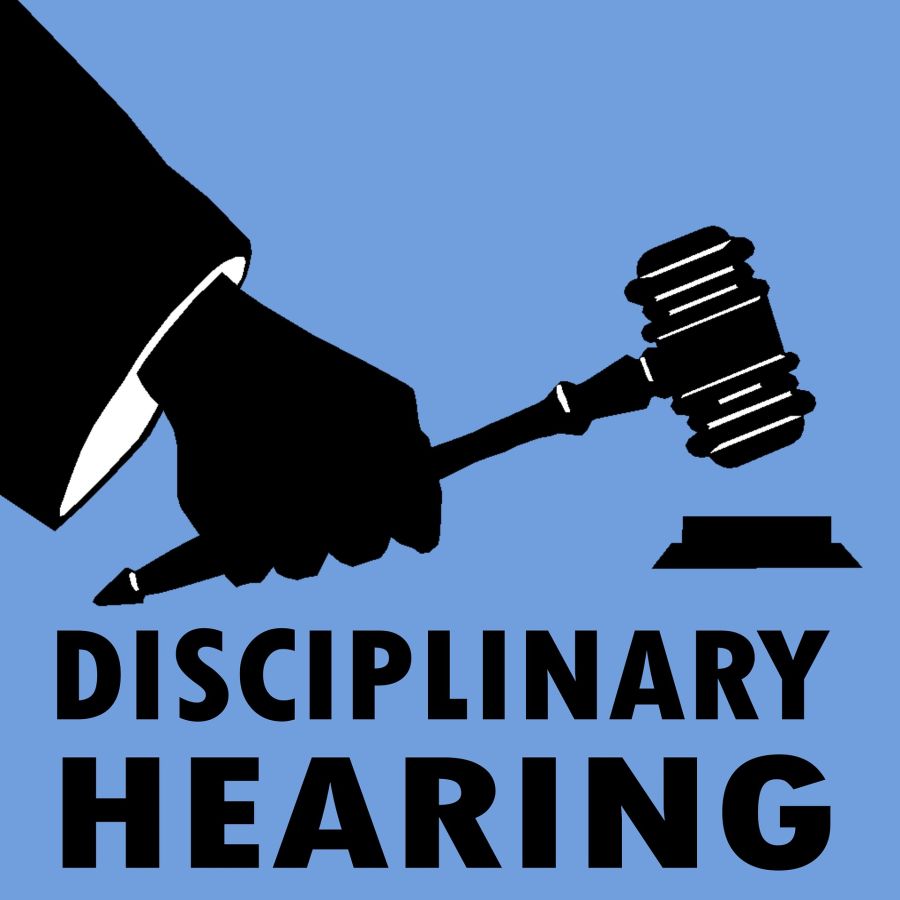Blog

Blog
Call us today for a free initial consultation on 0800 772 0341
Essential preparation for a disciplinary hearing
Published 08 October 2021

You should fully prepare for anything than can have serious consequences for you - and a disciplinary hearing is no different.
Disciplinary sanctions that can be imposed by your employer can include dismissal, a formal warning or demotion.
Preparation is key in ensuring you are not treated unfairly or sanctioned too severely if you find yourself in this position.
The ACAS Code of Practice on disciplinary and grievance procedures is the minimum an employer should follow when conducting disciplinary cases. [1 cited 08.10.21]
Being invited to a disciplinary hearing can be a worrying, uncertain and distressing time for any employee.
Check your employer’s disciplinary policy, because it should detail the discipline procedure and inform you of what to expect
A disciplinary hearing is a formal meeting between you and your employer to discuss any allegation made against you [2 cited 08.10.21]
You will be notified in writing to attend a disciplinary hearing. The letter will detail the allegation/s and include the evidence to support it.
It may sound obvious, but understanding any allegation made against you is essential.
An allegation for example listed as ‘your unreasonable behaviour has continually upset colleagues’ does not provide sufficient information.
What exactly have you done? Who have you upset? How have you upset them? When did you do so? Are vital, yet missing, details.
Prior to a disciplinary hearing, if necessary request in writing from your employer any further information or clarification needed about any allegation.
The ACAS Code says you should be given ‘reasonable time’ to prepare your case.
Reasonable time is not clearly defined, but is generally considered to be a minimum of at least 48 hours.
Before a disciplinary hearing, you can request a range of evidence from your employer if you believe it may help your case.
You can ask for emails, one-to-one meeting notes, your training record, company policies or any other information you believe is relevant. You can also provide your own supporting evidence, for example text messages or social media posts.
It is a good idea to prepare a written statement detailing your response to any allegation levelled against you.
Your employer will produce a written record of what is said at the hearing, but it is usually not a verbatim account of the discussion.
So, it is useful to have the main points of your case documented in a statement you can give to your employer.
Your statement can include reference to any evidence or witnesses that you believe can support your response to an allegation.
Also include in the statement details of any mitigation [3 cited 08.10.21]. An employer should consider whether any such mitigating factors might warrant a lesser sanction being imposed if an allegation is upheld.
You can also ask people to act as witnesses and prepare written statements backing up any relevant evidence to support your case.
There is no statutory entitlement for you to call witnesses at a disciplinary hearing.
However, you can request a witness attend the hearing in accordance with section 12 of the ACAS Code. The Code advises that you should be given a reasonable opportunity to call witnesses. [4 cited 08.10.21]
You do have a statutory right to take either a colleague, a trade union representative, or an official employed by a trade union to a disciplinary hearing [5 cited 08.10.21]
In some cases - and usually in exceptional circumstances, for example if you have a disability - you can ask to be accompanied by a friend or relative. However, your employer does not have to agree to it.
It is advisable to ask a relevant individual to act as your companion at a hearing.
The person who accompanies you to a hearing can present and/or sum up your case and confer with you during the meeting, but they cannot answer questions put to you [6 cited 08.10.21]
If your companion is unavailable on the date the hearing is scheduled you have a right to request that it is rearranged.
You can propose a ‘reasonable’ alternative date within five working days of the original date.
A reputation built on success
If you're facing any of the issues in this article - or need guidance on disciplinary, grievance, or redundancy matters - call us today. Our expert Trade Union Representatives are available to represent you in crucial workplace meetings, with pay as you need support.